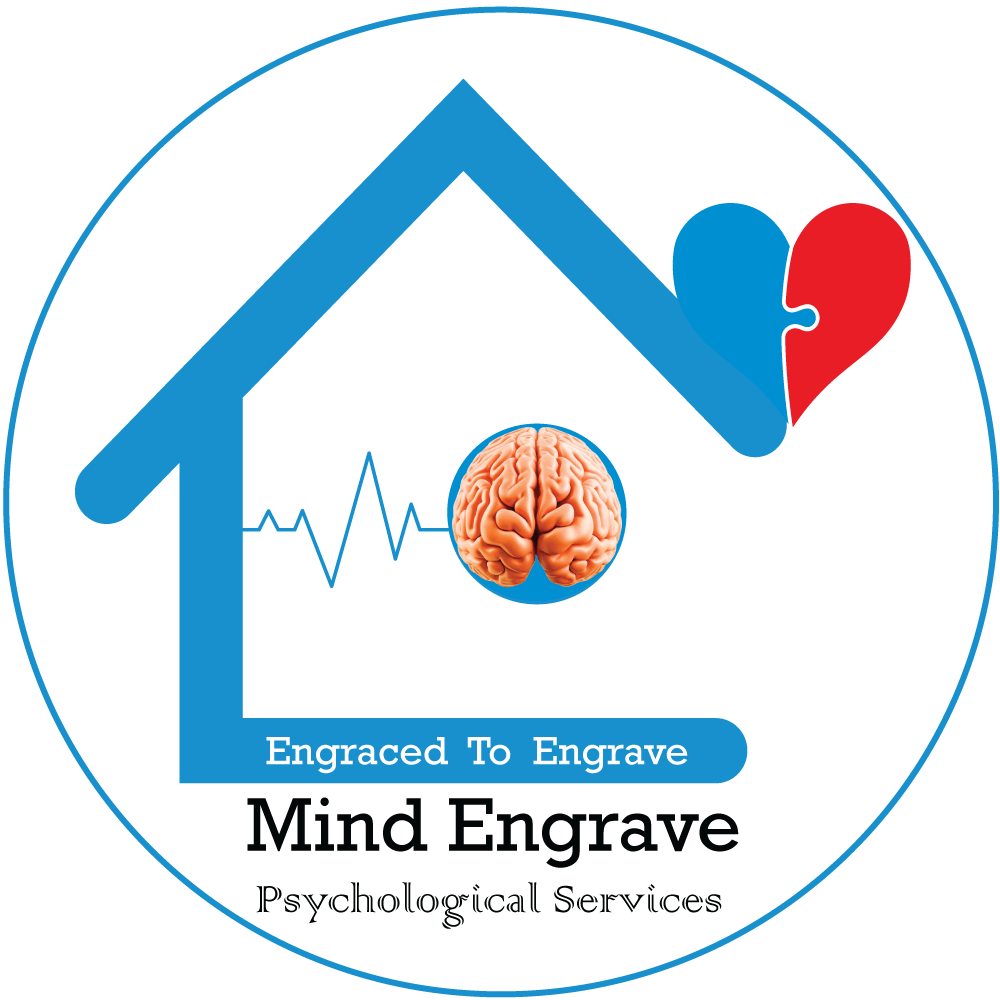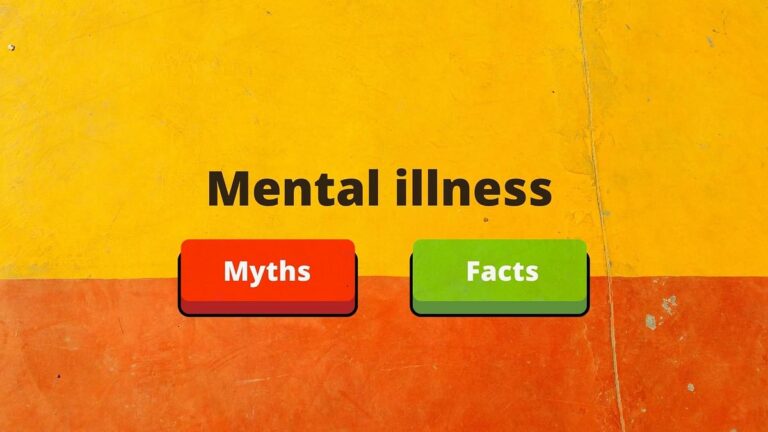Insomnia Management: Proven Strategies for Restful Sleep
Introduction
Insomnia Management must start with clear assessment and evidence-based steps that teens, adults, and working professionals can follow. This guide explains practical clinical strategies, lists treatment priorities, and shows when to seek specialist care. Use this page as a concise, action-focused reference for improving sleep and daytime function.
Clinical First Steps In Insomnia Management:
First, identify pattern and severity. Track sleep times, awakenings, naps, and daytime effects for two weeks. Assess for medical issues, mood disorders, pain, substance use, and shift work that commonly sustain insomnia. Clinicians recommend behavioral approaches first, because they reduce symptoms without medication risks. (AASM clinical guidance recommends cognitive and behavioral treatments as first-line therapy.)
Managing Insomnia with CBT-I (first-line therapy)
Deliver structured Cognitive Behavioral Therapy for Insomnia (CBT-I) over 4–8 sessions. CBT-I uses stimulus control, sleep restriction, cognitive restructuring, relaxation, and sleep-hygiene coaching. Trials and meta-analyses show CBT-I improves sleep onset, reduces wake after sleep onset, and enhances sleep efficiency with durable gains after treatment ends. Use in-person or guided digital CBT-I when access limits exist. (Multiple randomized trials and reviews support CBT-I as the most effective non-drug treatment.)
Stimulus control & sleep restriction
Apply stimulus control: go to bed only when sleepy, leave bed if unable to sleep after 20 minutes, and use the bed for sleep and intimacy only. Combine with sleep restriction: limit time in bed to match actual sleep, then increase gradually to improve sleep consolidation. These behavioral components form the backbone of CBT-I and produce measurable improvements in sleep metrics.
Lifestyle, sleep hygiene, and adjuncts
Change daily habits that interfere with sleep. Maintain consistent sleep–wake times, avoid caffeine and nicotine late in the day, limit alcohol near bedtime, and remove screens at least 60 minutes before sleep. Optimize the bedroom: cool temperature, low light, and minimal noise. Add regular daytime exercise and relaxation practices—progressive muscle relaxation, diaphragmatic breathing, or guided imagery—to lower physiological arousal before bed. These steps support CBT-I and improve treatment response.
Digital & Scalable Options for Insomnia Management
When in-person CBT-I is unavailable, validated digital programs and guided apps deliver core CBT-I elements effectively. Use clinician-endorsed platforms and combine automated modules with brief therapist support when possible. Evidence shows digital CBT-I reduces insomnia severity and increases access without sacrificing outcomes.
When to consider medication
Reserve pharmacologic treatment for short-term relief or when severe symptoms impair safety or functioning and behavioral options lack rapid effect. Use lowest effective dose for the shortest period and reassess frequently. Follow clinical guidelines for agent choice, monitor for tolerance and rebound insomnia, and prefer combining medication with CBT-I to support discontinuation. (Pharmacologic guidelines recommend short-term use and emphasize non-drug treatments first.)
Treat comorbid conditions
Address medical and psychiatric comorbidities—pain, sleep apnea, depression, anxiety, thyroid disease, and substance use—that commonly maintain insomnia. Coordinate care across primary care, mental health, and sleep specialists. Treating underlying disorders frequently improves sleep and strengthens insomnia interventions.
Monitoring & relapse prevention
Keep a sleep diary and repeat standardized measures (e.g., Insomnia Severity Index) to track progress. Reinforce learned behaviors, schedule booster CBT-I sessions as needed, and adjust strategies when life changes (shift work, major stressors) threaten sleep. Early follow-up prevents chronic relapse.
Conclusion
Insomnia Management centers on targeted, evidence-based actions: accurate assessment, CBT-I as first-line therapy, focused lifestyle changes, selective short-term medication when needed, and treatment of comorbid conditions. Apply these steps consistently and monitor response. If sleep fails to improve or daytime impairment persists, refer to a behavioral sleep specialist or sleep clinic.
Take Action

Struggling with sleepless nights? Reclaim your days with a clear, evidence-based plan. Start the proven steps in this guide now. Ready to act? Choose the option that fits you and take the first step toward restorative sleep.
To schedule a a confidential consultation: Call/: 08160613745
Whatsapp: 08160613745.
Location: 52 Cardoso Street, Mushin, Lagos State, Nigeria.








